Hatha Yoga: A Natural Solution for Insomnia and Sleep Issues
Stress and other health issues restraining you from getting your good night sleep? Don't worry! This blog can help you out....
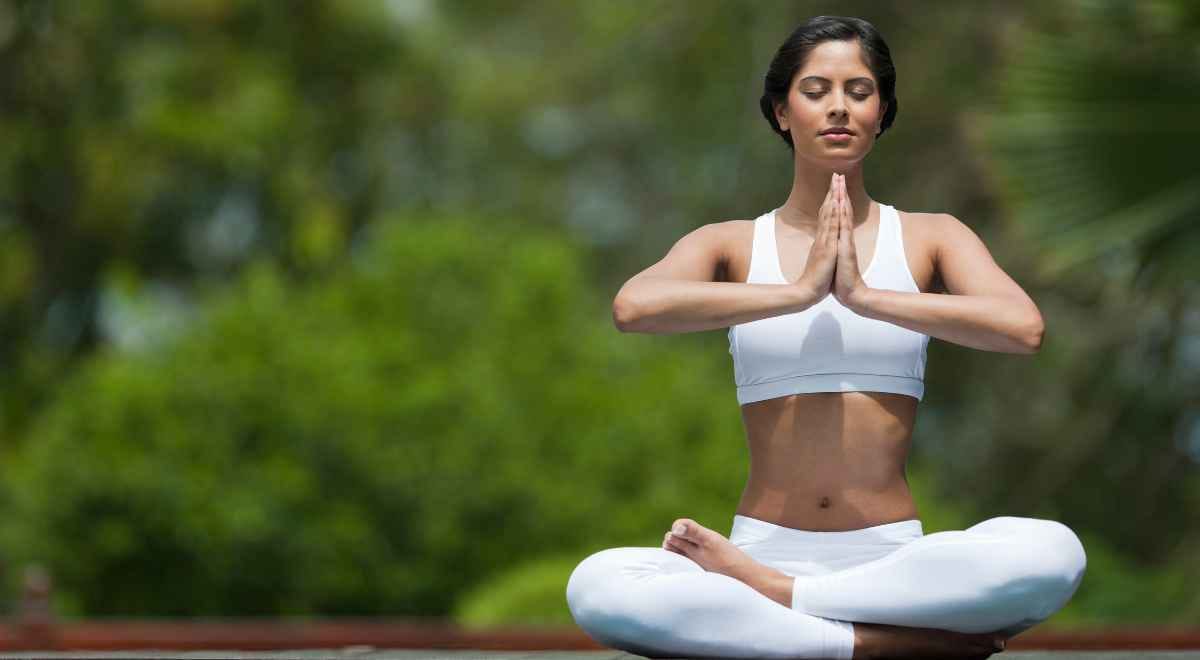
Have you woke up in the middle of the night and struggled to get back to sleep? Does the thought of another sleepless night scare you? You're not alone. Millions of people struggle to get the proper 8 hours of sleep. This can be due to several reasons like stress and other health issues. Yoga is an age-old mantra to improve the quality of your sleep, many of you might have heard of it but need help knowing where to start. There is this ancient practice: Hatha yoga. The word "Hatha" is derived from the Sanskrit words "ha" meaning sun and "tha" meaning moon, symbolizing the balance between opposing forces. Rather than focusing on a specific area, hatha yoga focus on all physical mental spiritual well being of a person. It is a slow paced technique where you focus on each and every pose which is why it is recommended for beginners. So who compiled hatha yoga pradipika? Hatha Yoga originated in India over 5000 years ago. It was introduced by the sage Yogi Swatmarama in the 15th century in the Hatha Yoga Pradipika. This ancient text laid the foundation for the practice of Hatha Yoga as we know it today.
How Hatha Yoga Promotes Better Sleep?
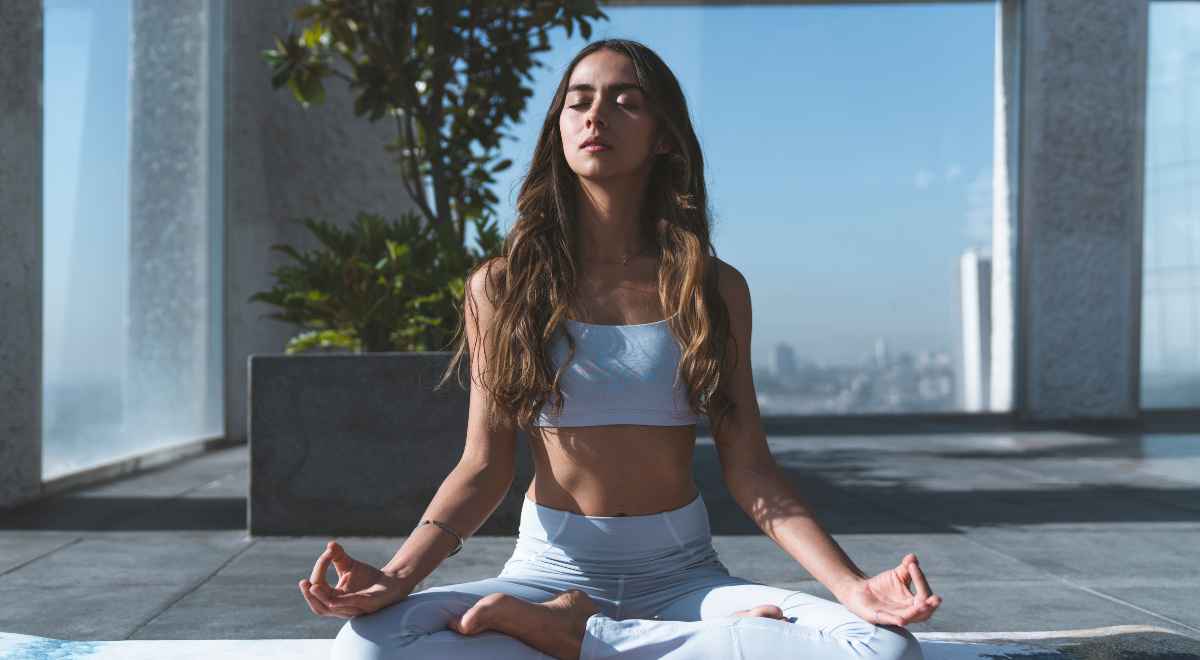
Stress Reduction
Living in today’s world guarantees stress as it’s chaos everywhere. Either it’s studies, work, or issues at home. We are now learning about mental health and trying to get rid of all the negative practices we have had since childhood. All of these promote stress. Life should peaceful and not tiring but today’s society and it’s needs doesn't allow us a life like that. As mentioned before Hatha yoga uses breathing techniques and meditation to calm the mind and reduce cortisol, the stress hormone. By lowering stress levels, you will be able to focus more on the poses and can calm yourself thus helping yourself get a goodnight’s sleep.

Physical Relaxation
Gently stretching and lengthening the body during hatha yoga helps you release physical tension buildup in your muscles, promoting relaxation. You will fall asleep easily once your physical body is not moving.
Improved Mind-Body Connection:
What sets hatha yoga apart from other yoga techniques is how it develops a mind-body connection. Keeping the balance and practicing the breathing in rhythm to the pose will help you improve mind-body connection. Doing both simultaneously will help you be present in the moment. This mindfulness can help quiet all the overthinking you do during bedtime, allowing you to sleep more easily.
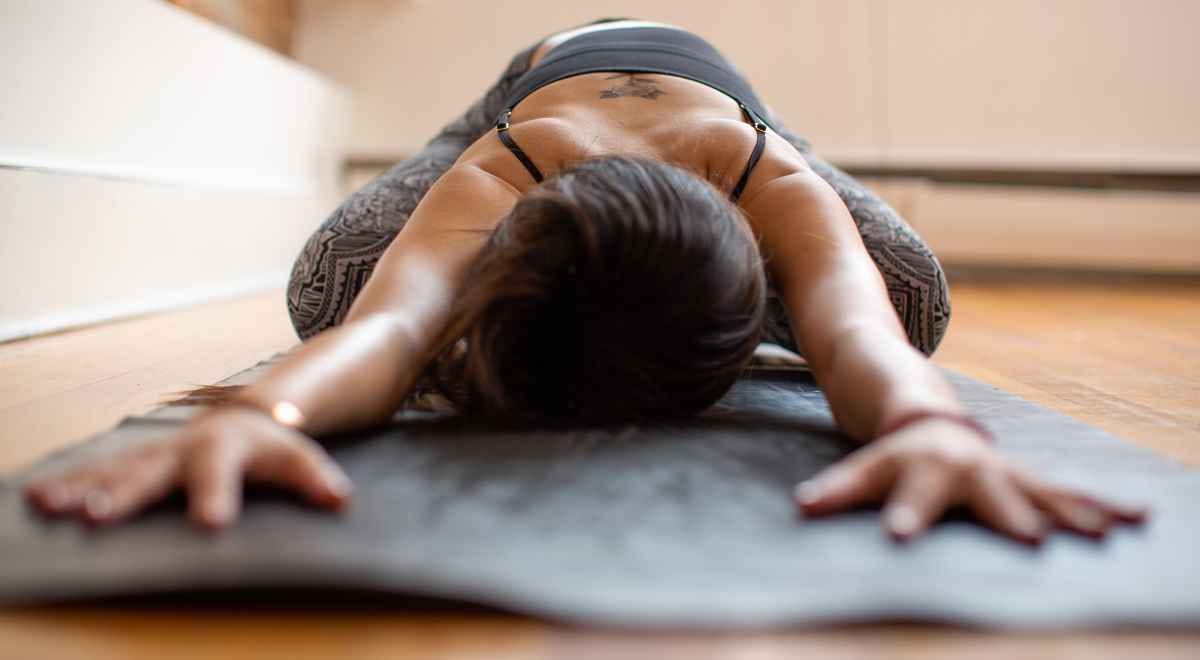
Regulation of the Nervous System
Hatha yoga helps balance the sympathetic and parasympathetic nervous systems. The sympathetic nervous system is responsible for the fight-or-flight response, while the parasympathetic is responsible for relaxation. So people with anxiety who can get triggered need to do hatha yoga to calm their sympathetic nervous system so that the parasympathetic nervous system is activated promoting relaxation and preparing your body for sleep.
Increased Body Awareness
Hatha yoga helps you become more aware of your body's signals. You learn to recognize physical tension and fatigue, allowing you to address these issues before they disrupt your sleep.
Incorporating Hatha Yoga into Your Sleep Routine
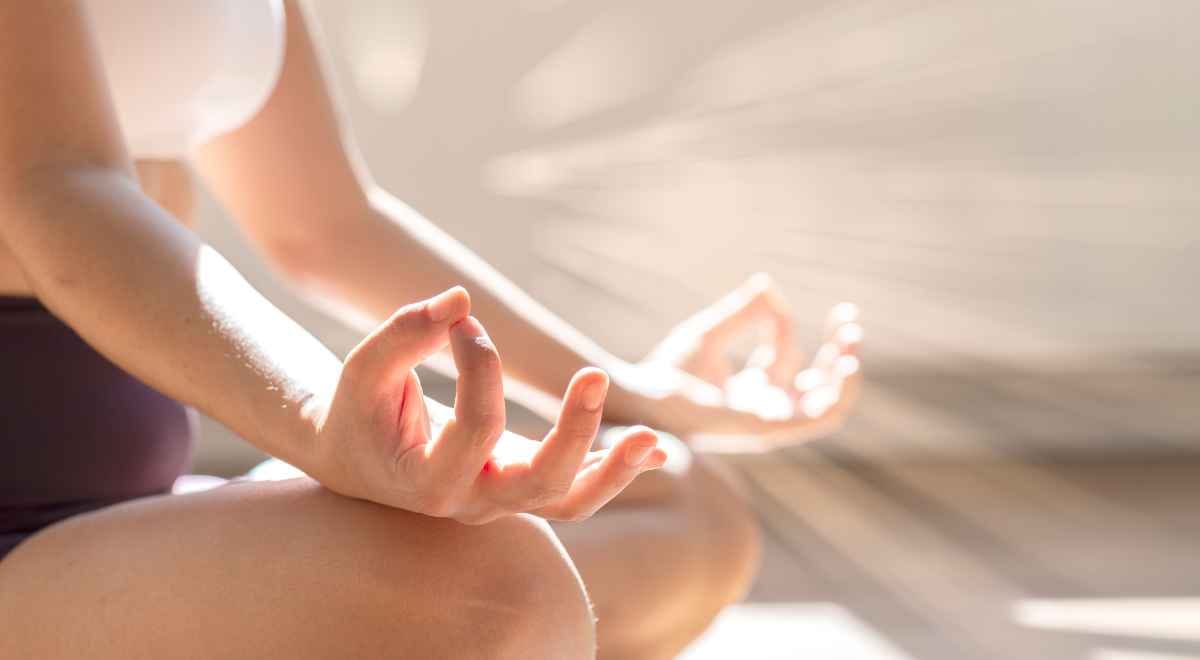
Doing this temporarily might give you a short-term effect, but practicing it every day and incorporating it into your routine can maximize the benefits of Hatha yoga, so here are some tips for you :
- Consistency is key. Be it anything, if you are not consistent you won't get the long-lasting effect you are looking for. Do this hatha yoga poses for at least 15 minutes.
- Find a Quiet Place of your own to practice. Make sure that the place is a dimly lit space so that you can focus and be relaxed.
- Slow breathing is an essential practice to calm the mind. So whenever practicing the pose, pay close attention to your breath throughout your practice. Try to match your breath to your yoga poses.
- Restorative Poses like Child's Pose, Supported Bridge Pose, and Corpse Pose added into your routine will help you to relax well promoting better sleep.
- Understand what’s happening in you: Relaxing and focusing on each and every pose will help you know more about your body and will let you Hhonor your body's needs.
Hatha Yoga Poses for Better Sleep
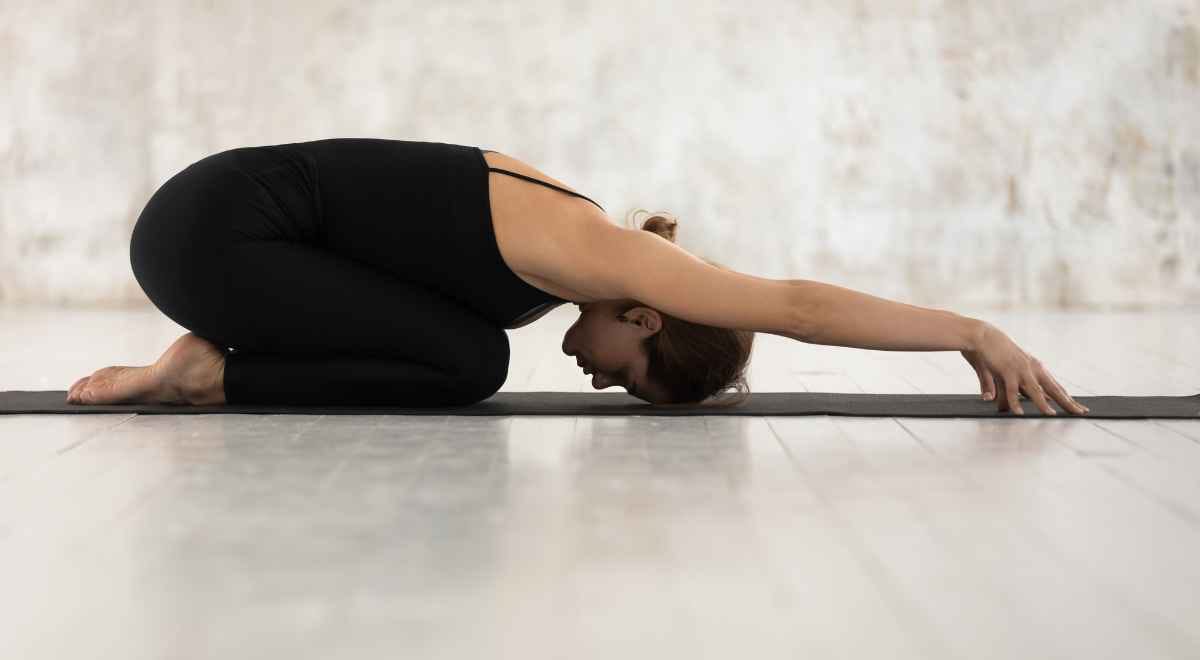
Some of the basic poses in Hatha Yoga include Mountain Pose (Tadasana), Downward-Facing Dog (Adho Mukha Svanasana), Warrior Pose (Virabhadrasana), and Child's Pose (Balasana). These poses help to improve flexibility, strength, and posture. Advanced practitioners may explore challenging poses such as Headstand (Sirsasana), Crow Pose (Bakasana), Wheel Pose (Chakrasana), and Lotus Pose (Padmasana). These poses require strength, balance, and focus to master. Among these there are a few Hatha yoga poses to help you unwind before bed:
- Child's Pose (Balasana): This pose is a classic relaxation pose that stretches the hips and lower back while calming the mind.
- Supported Bridge Pose: This pose opens the chest and promotes relaxation.
- Supine Twist: This pose gently massages the abdominal organs and helps release tension in the spine.
- Corpse Pose (Savasana): This is the ultimate relaxation pose. Lie on your back, close your eyes, and let go of all tension.
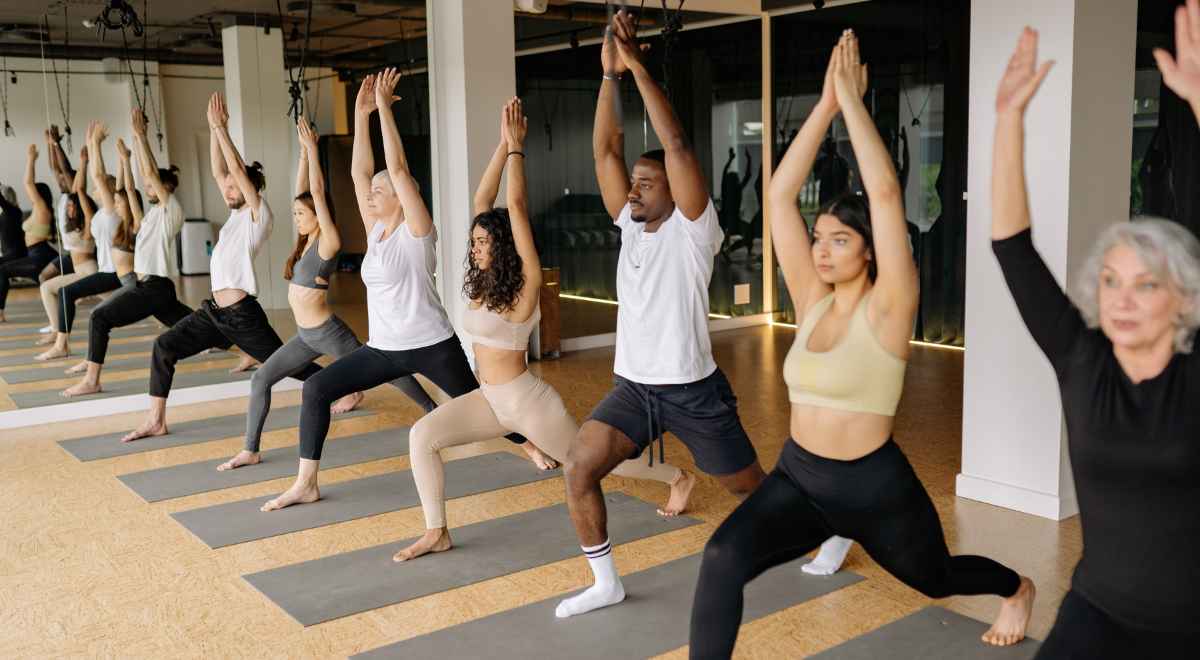
Incorporating Hatha yoga into your daily routine not only improves the quality of your sleep, it helps in bettering your overall mental well-being. So, roll out your mat, take a deep breath, and start on your journey to a more restful night's sleep. Hatha Yoga is a holistic practice that offers numerous physical, mental, and emotional benefits. Start your Hatha Yoga practice today and discover the transformative power of this ancient practice.




Comments ()